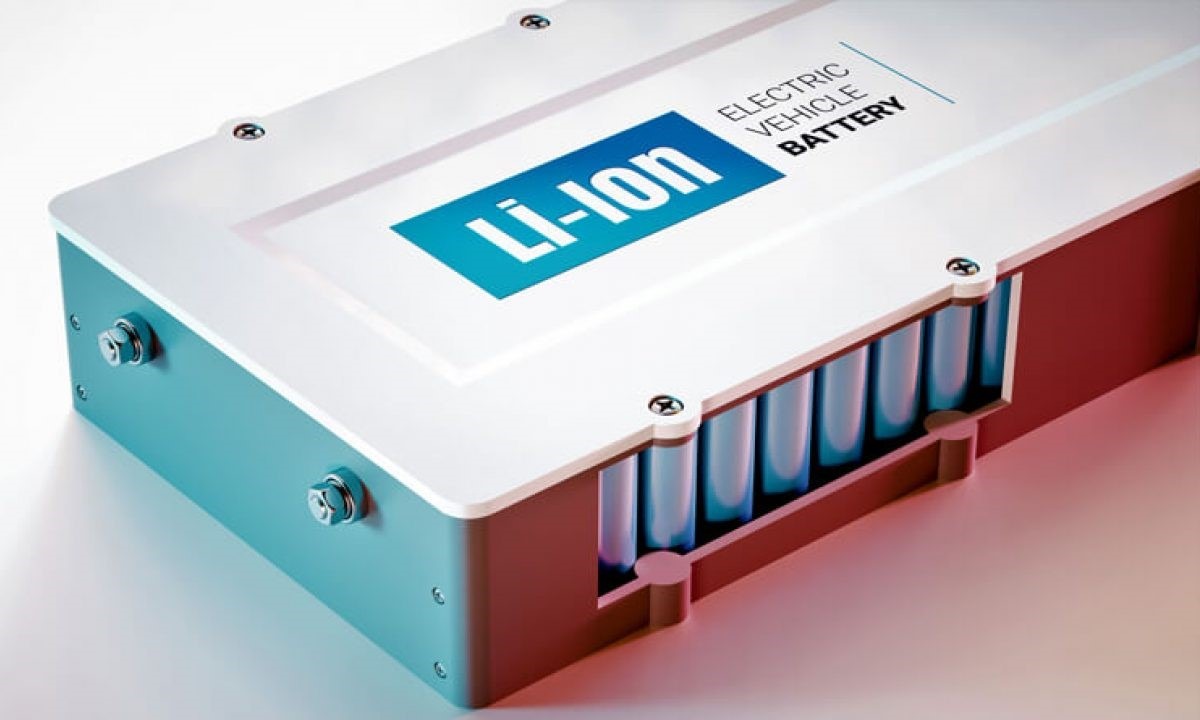Electric vehicles (EVs) have become increasingly popular as the world embraces sustainable transportation solutions. One critical component that drives the performance and range of these vehicles is the battery. In this article, we will delve into the various types of batteries used in electric vehicles, highlighting their features, benefits, and limitations.
Types of Batteries Used in Electric Vehicles is dependent on the duration of the battery and use of the battery.
Types of batteries are used in electric vehicles: Lithium-Ion Batteries, Nickel-Metal Hydride Batterie, Nickel-Metal Hydride Batteries, Solid-State Batteries, Lithium Polymer Batteries, and Sodium-Ion Batteries.
What are types of batteries used in electric vehicles are listed below with several advantages.
Lithium-Ion Batteries
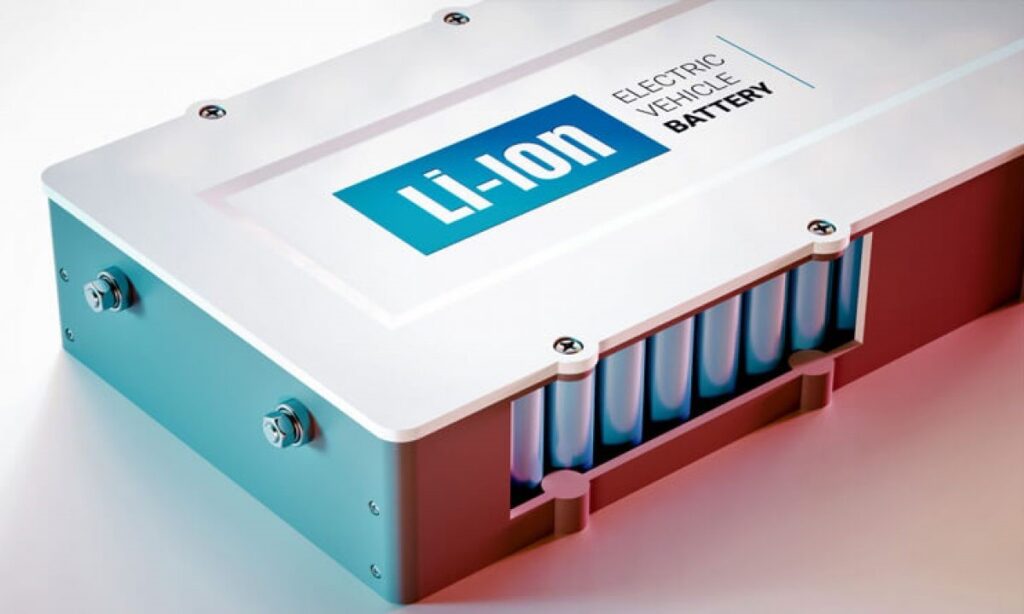
Lithium-ion batteries (Li-ion) are the most commonly used batteries in electric vehicles due to their high energy density, lightweight nature, and long cycle life. They offer excellent performance, allowing EVs to achieve longer ranges on a single charge. Li-ion batteries also charge faster and have a lower self-discharge rate than other battery types.
The most commonly used battery in electric vehicle is a Lithium-Ion Battery. This battery provides several advantages over all other types of batteries.
- High energy density, meaning they can store a lot of energy in a small space. Low maintenance, as they require very little, if any, maintenance.
- Low self-discharge rate, meaning they can hold their charge for a long time. Quick charging, as they can be charged quickly.
- Small and light, making them easy to carry around. Longevity, as they can last for several years
Nickel-Metal Hydride Batteries
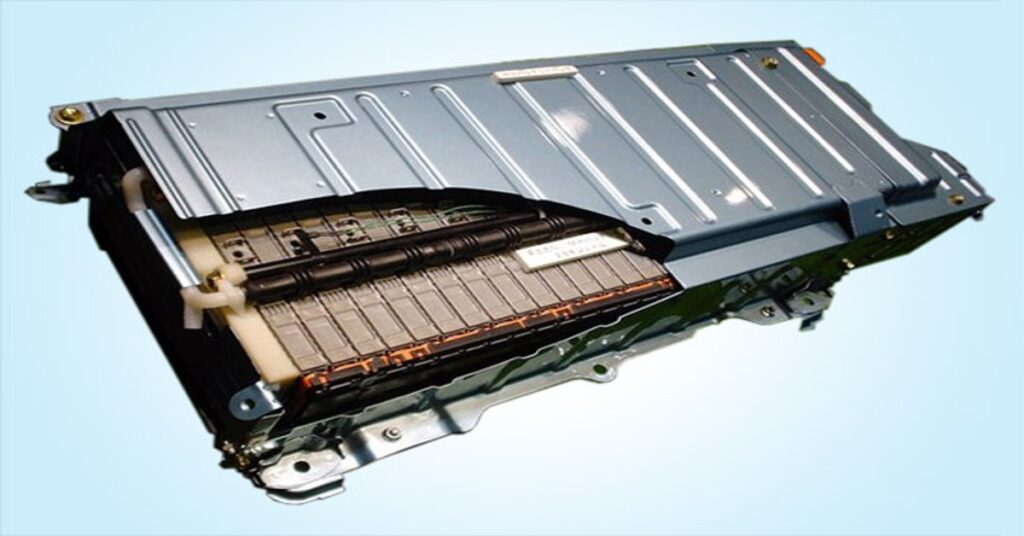
Nickel-metal hydride (NiMH) batteries were widely used in early electric vehicles and hybrid electric vehicles (HEVs). Although they have lower energy density compared to Li-ion batteries, NiMH batteries are known for their reliability, safety, and affordability.
They are gradually being phased out in favour of Li-ion batteries due to their lower specific energy and limited ability to handle high-power demands.
NiMH batteries excel in longevity, enduring hundreds to thousands of charge-discharge cycles. They are less prone to memory effects compared to nickel-cadmium batteries.
NiMH batteries excel in longevity, enduring hundreds to thousands of charge-discharge cycles. They are less prone to memory effects compared to nickel-cadmium batteries.
Solid-State Batteries
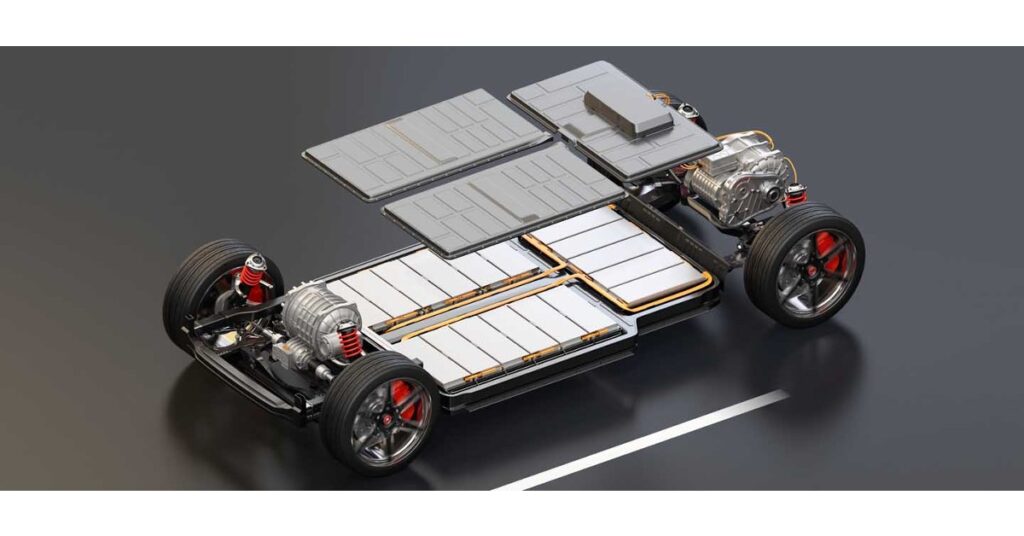
Solid-state batteries are an emerging technology that holds tremendous promise for the future of electric vehicles. They utilize solid electrolytes instead of liquid or gel-based electrolytes, offering higher energy density and improved safety.
Solid-state batteries have the potential to provide longer ranges, faster charging times, and enhanced durability. However, commercialization and scalability challenges are currently being addressed before widespread adoption.
Solid state battery is one Types of Batteries Used in Electric Vehicles. Solid state batteries provide several advantages which are listed below
- They are lighter, safer, and less flammable than traditional lithium-ion batteries.
- They have a higher energy density and can deliver more power.
- They charge faster and have a longer life span.
- They are more durable and stable at different temperatures.
- They are less expensive and compact.
Lithium Polymer Batteries
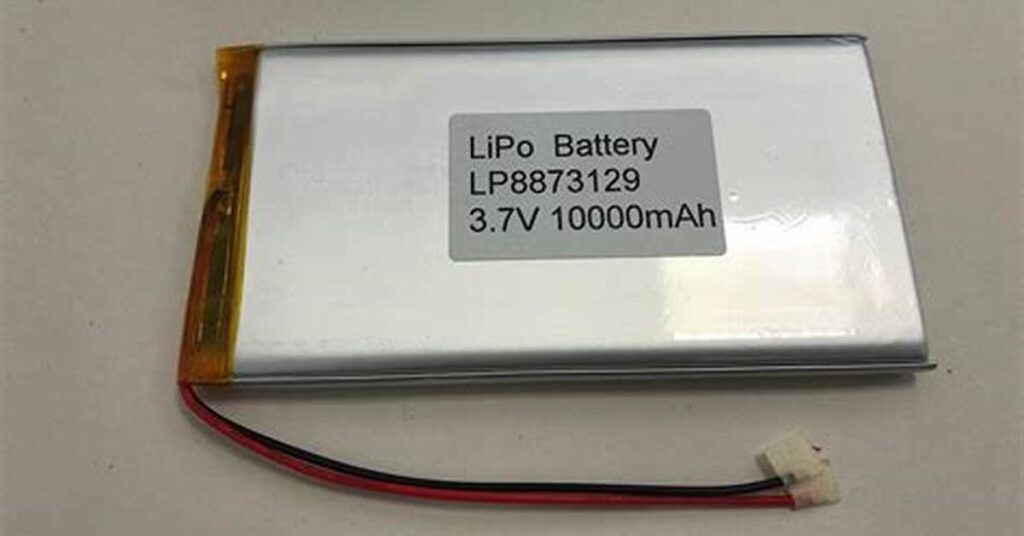
Lithium polymer batteries (LiPo) are a variation of lithium-ion batteries that use a polymer electrolyte instead of a liquid electrolyte. They offer similar benefits as Li-ion batteries, such as high energy density, lightweight design, and long cycle life.
LiPo batteries also have a flexible form factor, allowing for better integration into the design of electric vehicles. However, they are relatively expensive and require careful handling to avoid safety risks.
- Lithium polymer batteries (LiPo) battery has Higher specific energy, which means more energy per unit mass.
- Flexible form factor, which makes them ideal in applications in which weight is an important manufacturing consideration.
- Lithium polymer batteries (LiPo) battery has better safety performance and longer lifespan and reliability with good charging and discharging characteristics.
- Lithium polymer batteries (LiPo) battery can be manufactured in any type of shapes and sizes. These batteries can provide high voltage and high capacity.
Sodium-ion batteries

Sodium-ion batteries are an alternative to lithium-ion batteries, utilizing sodium ions instead of lithium ions for energy storage. They are considered a potential low-cost and abundant alternative to lithium-based batteries. Sodium-ion batteries are still in the early stages of research and development, and their performance and commercial viability are yet to be fully established.
Advantages of sodium-ion batteries
- The cost of sodium-ion batteries is about 30% lower than that of lithium batteries.
- Sodium-ion batteries are safer and are not easy to produce lithium dendrites.
- Sodium-ion batteries have slightly lower energy density than lithium-ion batteries, but better safety characteristics and similar power delivery characteristics.
- Sodium-ion batteries are highly adaptable and can be used for a broad range of battery applications, including renewable energy storage for homes and businesses, grid storage, and backup power for data and telecom companies.
- Sodium-ion batteries are energy efficient, fire safe, low-cost alternative, less toxic, and stable
Conclusion:
The evolution of electric vehicle technology heavily relies on advancements in battery technology. While lithium-ion batteries currently dominate the market, there is ongoing research and development to explore alternative battery chemistries.
The ultimate goal is to enhance energy density, reduce costs, improve safety, and further extend the driving range of electric vehicles. As technology progresses, we can expect more innovative battery solutions to power the electric vehicles of the future, making them even more efficient, accessible, and environmentally friendly.
By understanding the different types of batteries used in electric vehicles, we can appreciate the remarkable progress made in this field and the potential for a sustainable and electrified future on our roads.
